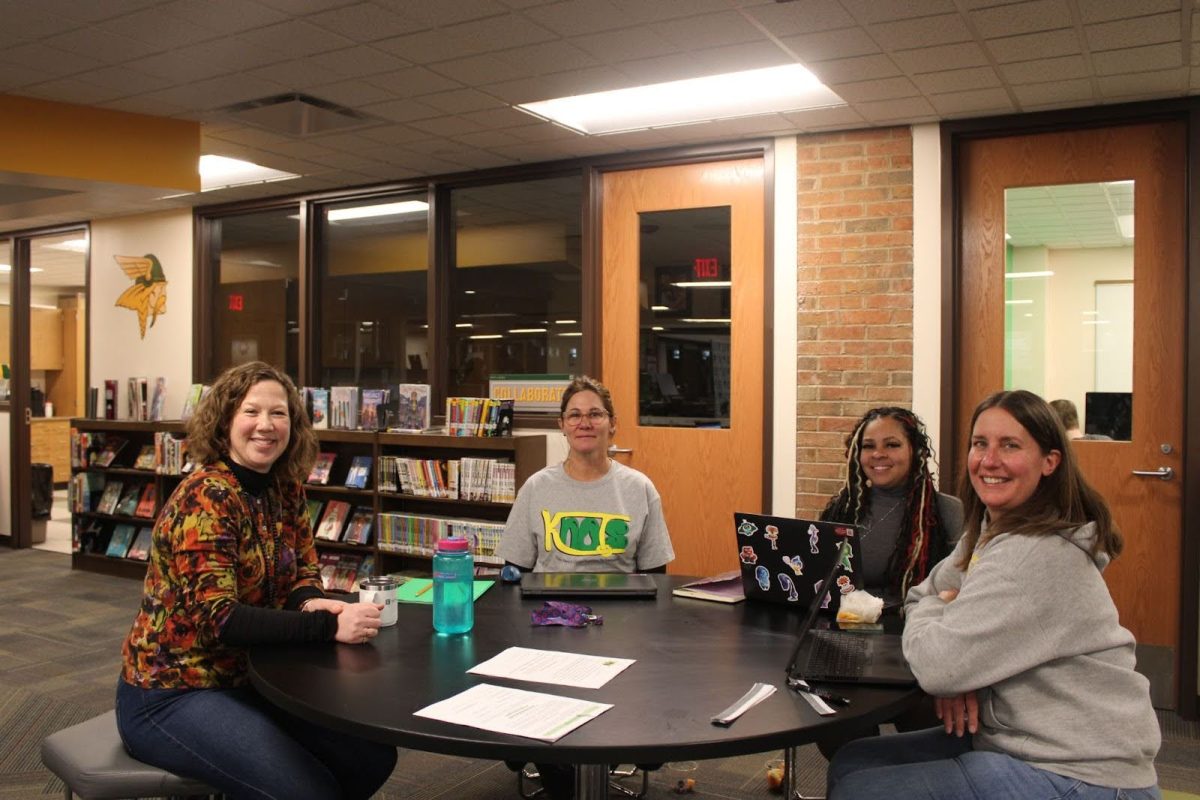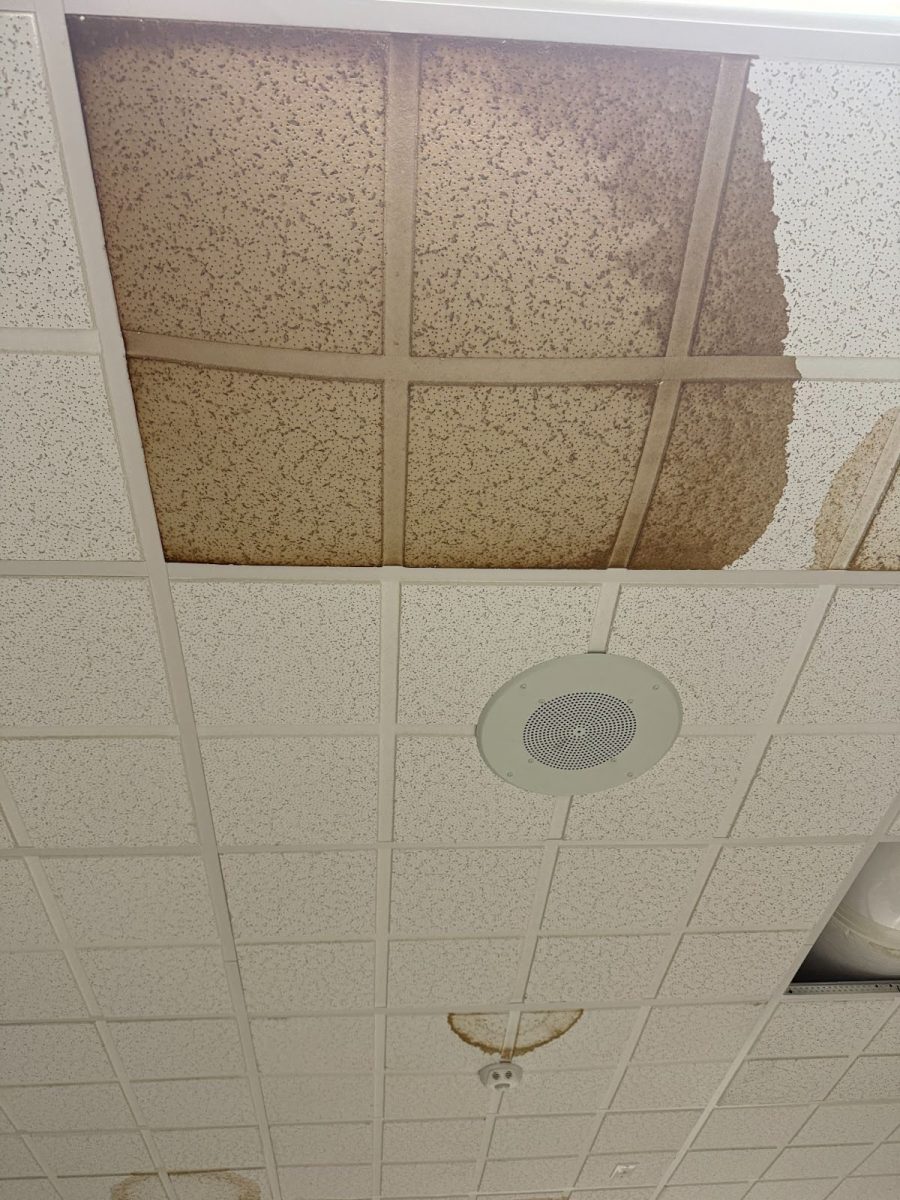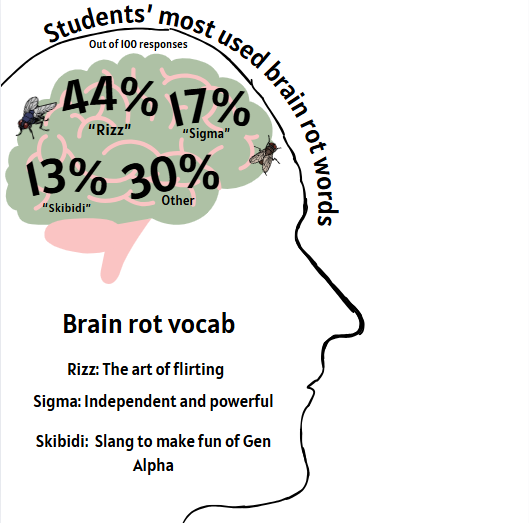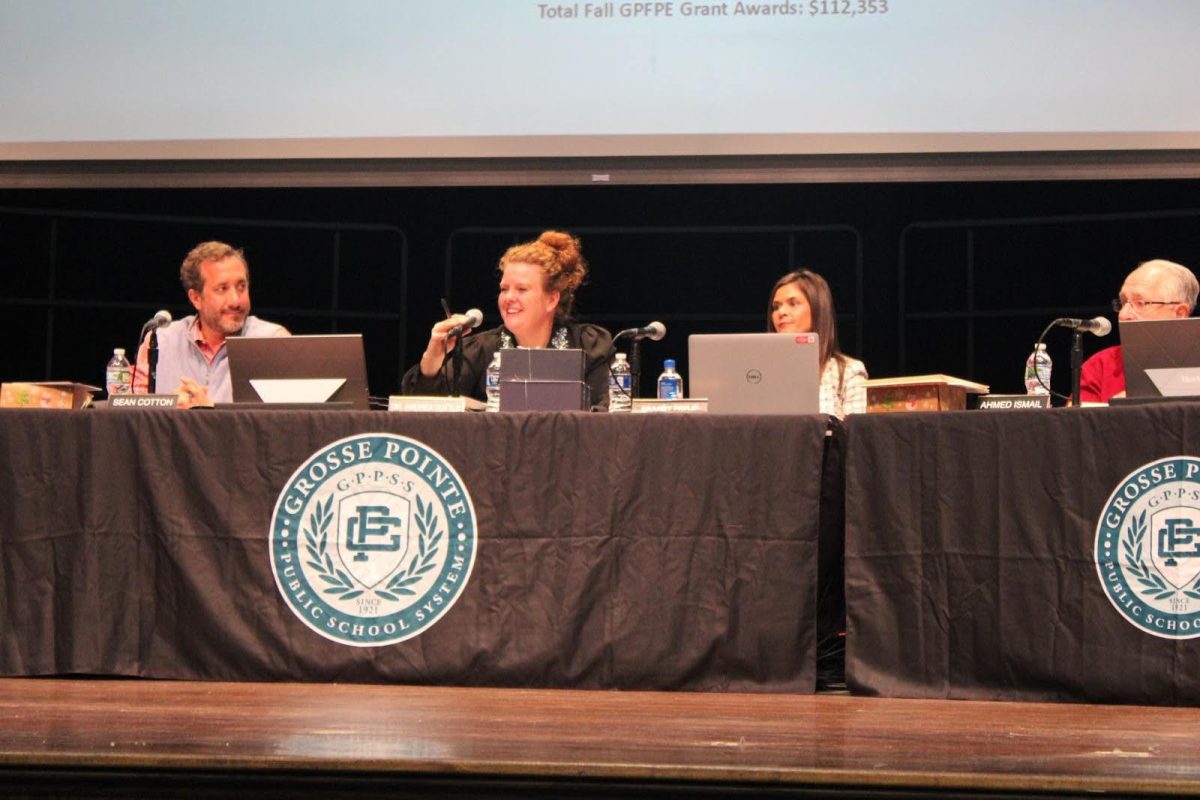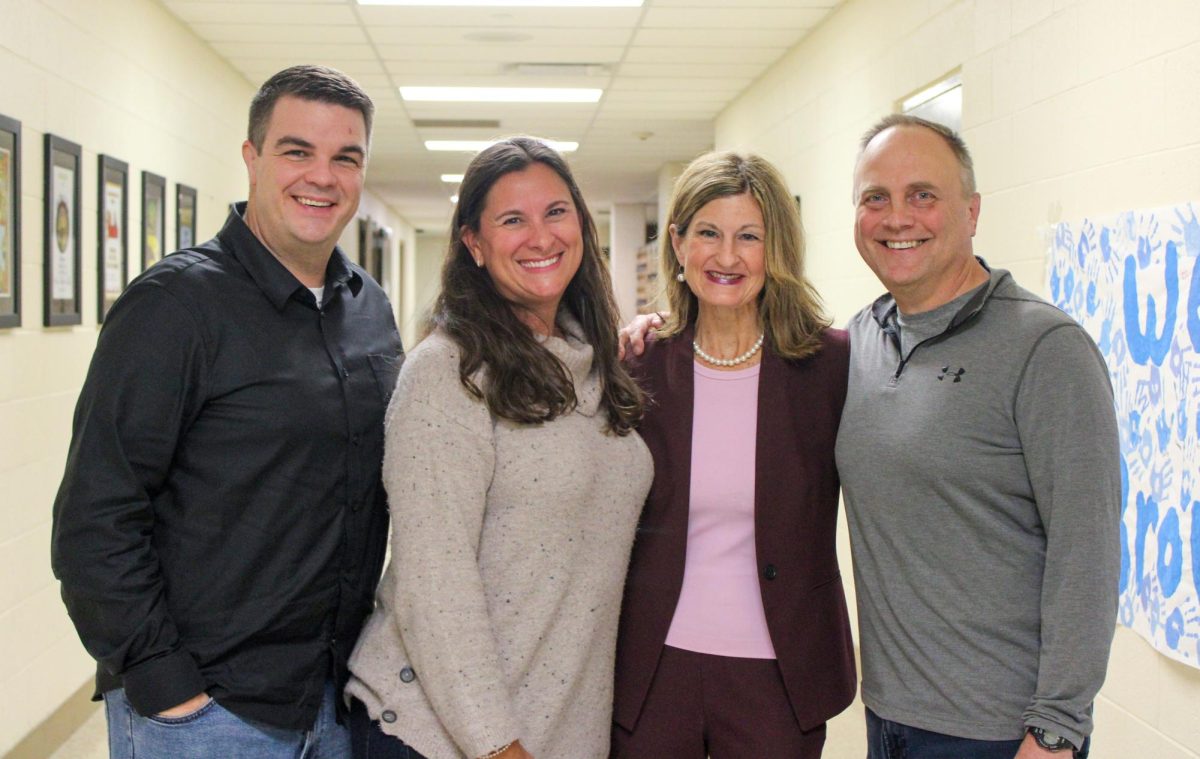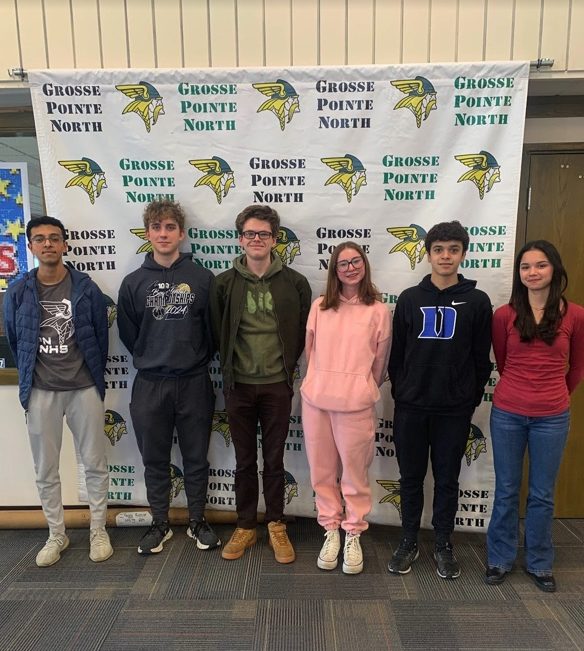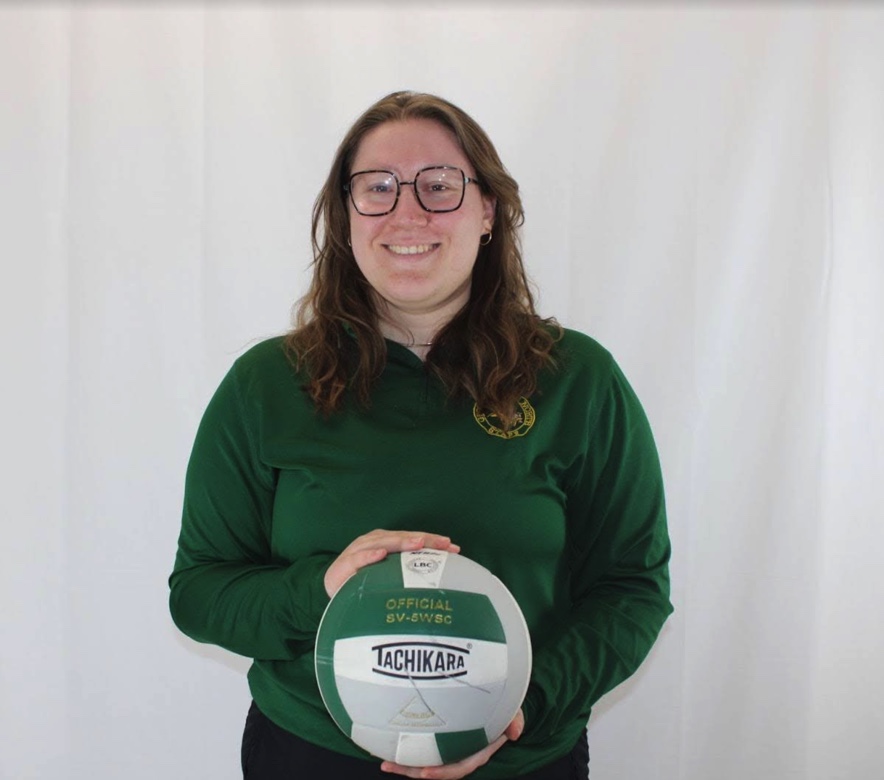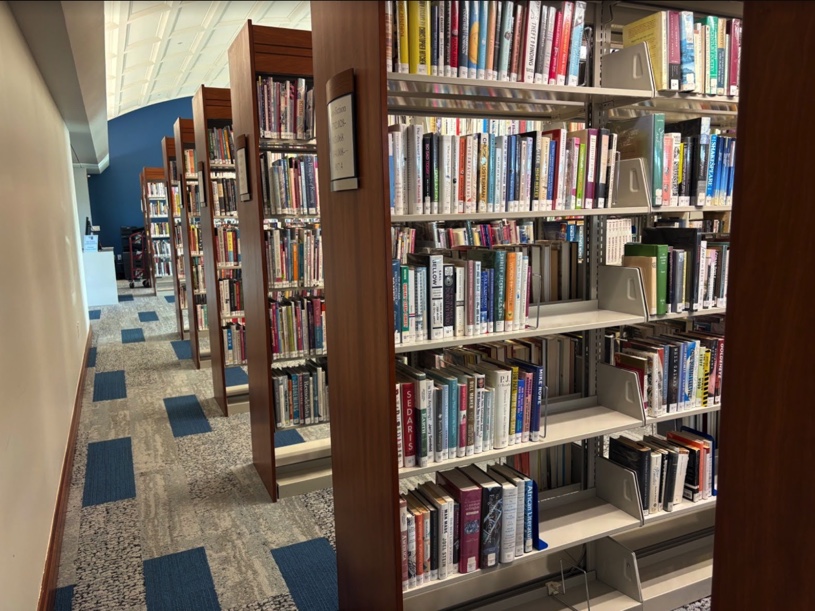Growing up with a younger brother who has Down syndrome, junior Peter Moe gained firsthand insight into Special Education staffing and instruction in the district. From advocating at board meetings to joining clubs that directly support Special Education students, Moe is committed to advocating for all students, especially during this time of fear due to understaffing of both lead teachers and paraprofessionals.
As Peter Moe’s brother entered middle school this year, Peter Moe noticed some of the issues facing Special Education classrooms. According to Peter Moe, the district’s policies regarding Special Education leave students, like his brother, in unsafe conditions.
“One of the biggest challenges with the understaffing of the Special Education department for my family was that my brother Max was without a teacher for roughly the first half of this year due to the district not offering a competitive pay for the position and resorting to using several long term substitute teachers,” Peter Moe said. “This, along with an unlawfully small number of paraprofessionals, led to situations where my family did not feel comfortable sending my brother to school for a fear he would not be kept safe.”
Similarly, Max and Peter’s mother, Julie Moe, believes that the school board has done a poor job handling the understaffing. Along with Peter Moe, she has actively advocated higher pay for paraprofessionals by speaking at board meetings and emailing board members.
“I feel the district has not been proactive at all,” Julie Moe said. “They were violating the IEPs of numerous children by not having adequate staffing levels but were not transparent about it. I was not even told when my son’s one-on-one aide left or when our class paraprofessional quit. I looked up contracts from other districts and our district pays roughly 25% less per hour than the five comparable districts I benchmarked. It’s no wonder there is a shortage when we pay our paraprofessionals less than the local Kroger. I am still waiting for the board and administration to address the critical paraprofessional pay issue.”
This lack of support takes a toll on students and places a strain on staff, according to school psychologist and Kids Need Opportunities to Socialize co-advisor Christine Kuhl.
“I think the biggest challenge is not being able to always provide consistent support for students, which is somewhat stressful for them and for staff as well, because our staff members rely on the support that students have in place,” Kuhl said. “With the frequent turnover, it’s just been a lot of work to orient new staff as well and make them get up to speed in terms of peoplework and systems that we use.”
Special Education has been addressed by both the current and previous board, and Trustee Valarie St. John believes they are currently making efforts to address understaffing. However, progress is challenging due to the limited pool of available Special Education applicants.
“I’m very glad that our administration found a way to use Act 18 funds to provide bonuses to educators working in categorical classrooms,” St. John said. “I think this helped us fill a couple necessary positions. The administration is also currently looking for ways to improve compensation for paraprofessionals. While the board doesn’t directly negotiate contracts, we do approve them, and of course the board approved the Act 18 bonuses that were recently agreed upon.”
At North, Peter Moe is a member of KNOTS which allows general education students to interact and form bonds with Special Education students either during lunches or tutorials. For Peter Moe, KNOTS not only helps him form individual connections with students, but the club also creates a stronger sense of community within the school.
“With such a shortage of staff support for our students in Special Education classes, one of the most important things to keep students comfortable in schools is to be a friend,” Peter Moe said. “Having friends in the North community both from general and Special Education classes helps students to feel like North is a second home to them. Friendships are just as important to these students as they are to anyone else at North.”
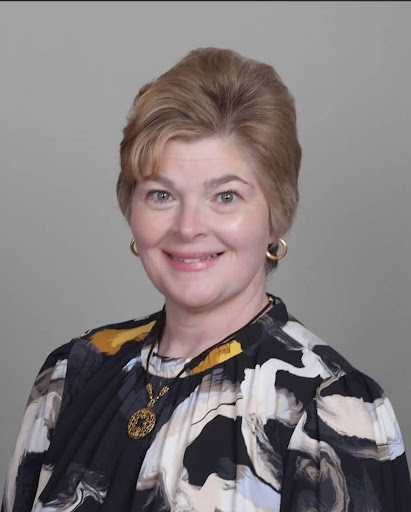 PHOTO | Courtesy of Lisa Aouad
PHOTO | Courtesy of Lisa Aouad
Lisa Aouad, Supervisor of Student Services:
“Special Education plays a crucial role in ensuring that all students, regardless of ability, receive the support they need to succeed. However, schools face several challenges in providing these services, particularly at different grade levels.”
Q: What are the most pressing issues that Special Education at the elementary school level are experiencing?
A: At the elementary level, early identification of learning needs and providing timely interventions are critical. However, a shortage of highly qualified Special Education teachers and support staff makes this difficult. In Michigan, budget constraints have further limited the availability of necessary resources.
Q: What are the most pressing issues that Special Education at the middle school level are experiencing?
A: Middle school presents new challenges as students with special needs navigate increased academic and social demands. Schools focus on helping students succeed in more complex coursework while also supporting social interactions and peer relationships. Across Michigan and the nation, schools are working to strengthen these support systems.
Q: What are the most pressing issues that Special Education at the high school level are experiencing?
A: For high school students in Special Education, preparing for life after graduation is a major concern. Transition services help students move into the workforce, college, or independent living by offering career training, job placement programs and college readiness support. Michigan has placed an increased focus on vocational training, but there is still work to be done to expand these opportunities statewide.
Q: What are the most pressing issues that the nation as a whole is facing?
Nationwide, the biggest issues in Special Education include a lack of funding, a shortage of highly qualified teachers and the need for better resources to support diverse learning needs. Many schools struggle to meet federal and state Special Education requirements due to staffing shortages. The COVID-19 pandemic also amplified gaps and delays in learning, social and behavioral growth for students with disabilities and schools are still working to help students recover lost progress.
Q: How do you plan to approach these issues and concerns?
A: To address these challenges, schools need stronger funding, increased teacher recruitment efforts and better policy support. Investing in early intervention programs, hiring more Special Education staff and fostering inclusive learning environments can help all students thrive. In Michigan, advocating for additional state funding and partnerships with community organizations can help bridge gaps in services. On a national level, pushing for legislative support and research-based teaching strategies can improve Special Education outcomes for students across the country.


